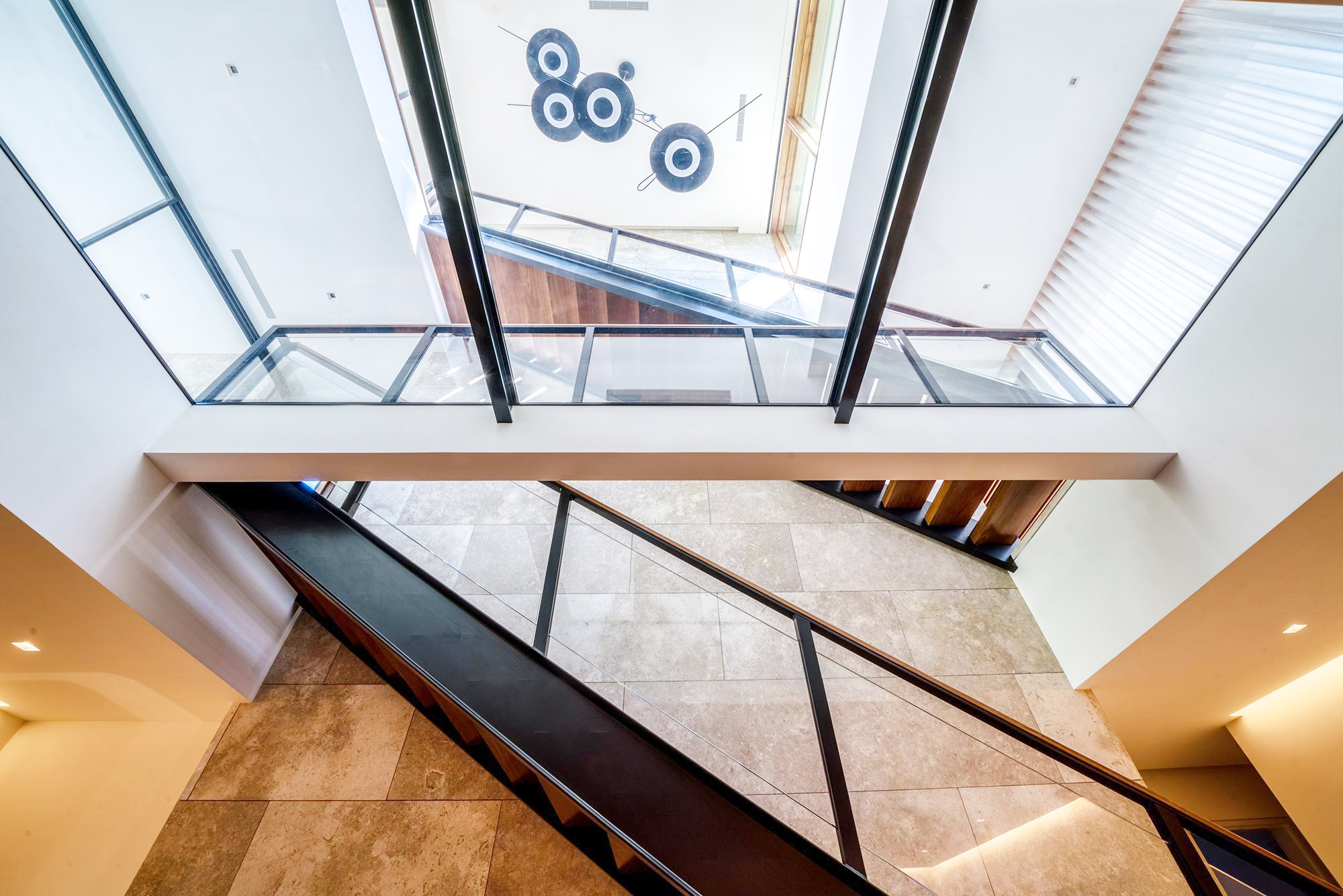
Basements are notorious for their lack of natural light, often relying on artificial sources to brighten the space. However, with a bit of creativity and the right design approach, you can bring the natural light into your basement to create a more inviting, livable environment. In this guide, we’ll explore some effective methods for enhancing basement lighting with techniques like glass floors and other architectural solutions that maximize light.
Glass Floors for Enhanced Light Flow
One of the most effective ways to bring the natural light into a basement is by installing a glass floor in the room above. Glass floors allow light to pass through, illuminating the basement space below. This approach is both functional and visually striking, transforming the look and feel of the basement by connecting it to the floor above. When done right, a glass floor can turn a dim basement into a bright and airy space, reducing the need for artificial lighting during the day.
Strategic Use of Glass Flooring
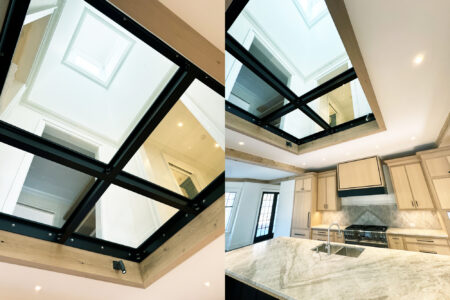
Glass flooring can be integrated thoughtfully into homes to maximize natural light penetration, especially in multi-level buildings. By choosing specific areas for glass flooring, such as hallways or corridors, you can create pathways for light to travel from the upper floors down to the basement. This design strategy is particularly useful in homes where large windows or skylights are present on the main floor, allowing light to reach areas that are typically shadowed.
Leveraging Reflective Surfaces
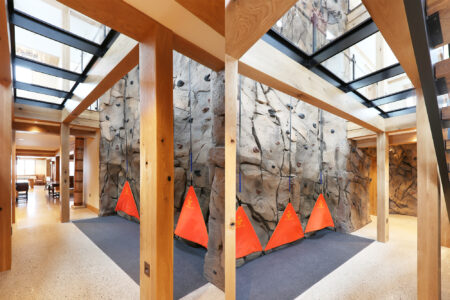
In addition to glass floors, using reflective surfaces within the basement can amplify any natural light that reaches the space. Light-colored walls, mirrors, and glossy finishes help bounce light around the room, making it feel brighter and more spacious. By strategically placing mirrors or choosing materials with reflective qualities, you can enhance the basement lighting effect even further. This technique works well alongside glass flooring, as the combined reflective properties will maximize light distribution throughout the basement.
Incorporating Walkable Skylights for Natural Light
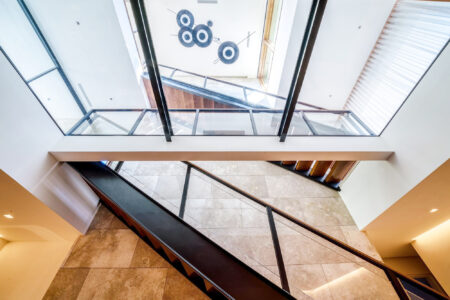
Walkable skylights offer a sophisticated solution for channeling natural light into a basement or living space below. By integrating walkable skylights into outdoor areas, such as patios or decks, you can create a pathway for light to flow directly into the basement. These skylights are not only functional but also blend seamlessly into the design of the space above, providing both beauty and utility.
When paired with reflective surfaces or open layouts, walkable skylights amplify the brightness in a basement, reducing the reliance on artificial lighting and creating a warm, welcoming atmosphere. This innovative approach is an ideal way to reimagine basement lighting with modern, architectural flair.
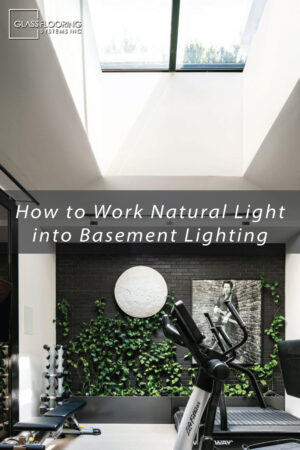
Creating effective basement lighting with natural elements is not only possible but also transformative for the space. By using glass floors, reflective surfaces, and open architectural elements, you can turn a dark, closed-off basement into a bright and inviting part of your home. Embracing these design techniques will bring the natural light into your basement in a way that feels modern, functional, and connected to the rest of your living space.
.png)




